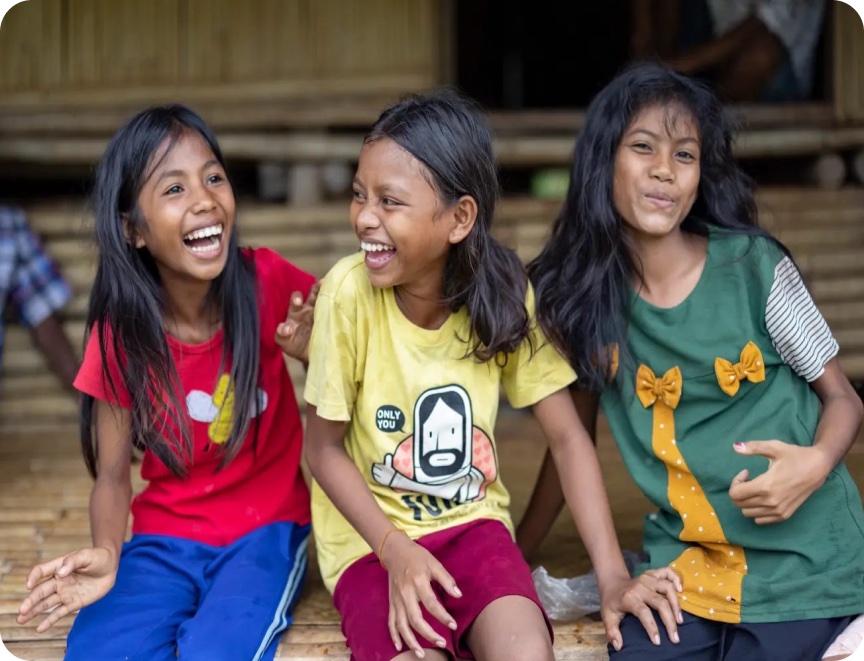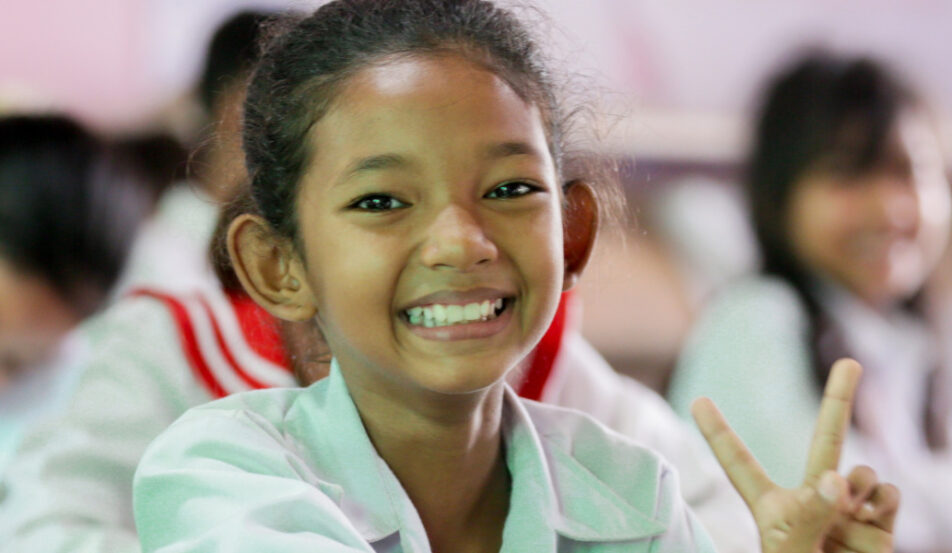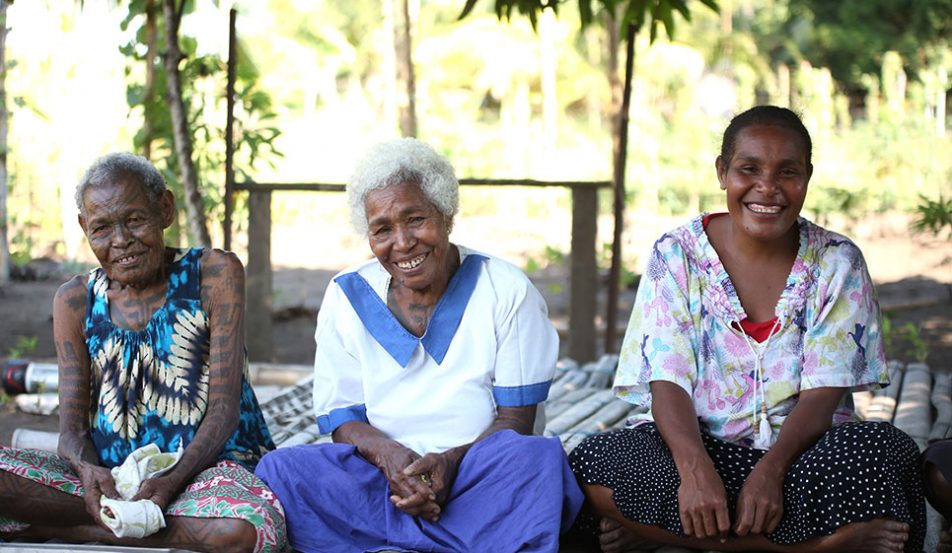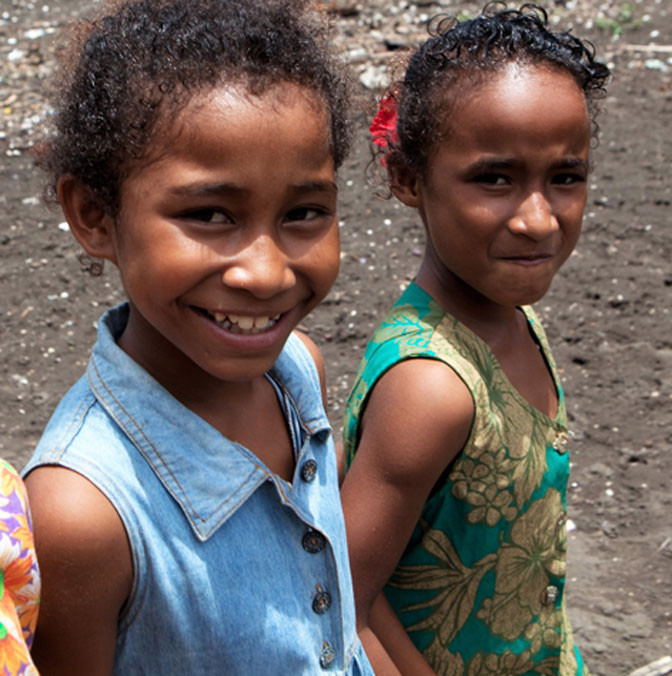“We are all the same. We are all human.” Redefining gender equality roles in education in Laos.
Every child has the right to an equality in education regardless of gender or ethnicity; but in remote parts of Northern Laos traditional gender roles mean that many young girls miss out on the joy of learning. This is particularly true for children part of the Lu Mien ethnic group.
“I went to the Gender Club at my school, and I have learned that we are all the same, we are all humans. We should respect our friends’ opinions to make them feel comfortable in their place,” said Songkarn, one young Lu Mien girl.
In the Houaphanh Province in Northern Laos, gender equality in education is still a significant issue. Traditional gender roles are still firmly entrenched in daily life. Young girls are expected to stay home and help with the family chores while the boys go to school. For 13-year-old Songkarn, being able to go to school is a privilege and she is lucky that her parents are supportive of her attaining higher education.
Gender equity equality in education is about giving everyone the same opportunities and rights, regardless of what they look like, where they come from or how they choose to dress. But in many areas of Laos, prejudices and stereotypes are so deeply engrained in daily life, that it has prevented progress on gender equity.
“As the Lu Mien people, especially for women, if guests are coming to the house, the wife must stand as a servant and cannot sit and eat together with her husband and guests,” said San, one father in the community.
ChildFund in Laos worked with local partners in the Houaphanh Province to run training on gender equity and equality. Through these sessions, the families and young people learned more about breaking down traditional gender roles.
“There was more cooperation between genders in the community after the ChildFund project was introduced. Everyone comes together to help each other. Women can now stay and dine with their spouses and guests,” said San.
The Gender and Language Education for Ethnic Students’ Empowerment (GLEESE) Project hosts awareness-raising sessions on gender and girls’ education equality for communities and families to take part in and runs weekly gender sensitisation training for primary students. Both these activities encourage parents to send their girls to school.
“After learning more about gender and how it impacts our community, we now strongly encourage all our children to attend school, regardless of gender,” said San.
San said: “As a father, I do not force my children to do or be anything that I personally like. I support and encourage both my sons and my daughters to attend to school to get higher education if they can. I want to let them choose their own path when they grow up.”
Learn more about how ChildFund in Laos is working with local families and community partners to support girls from ethnic minorities to access an education.
You can also help to support gender equality in education, by signing up to donate monthly to children through ChildFund. You can start making a difference for 1,000 children now. With your help, many more children will be supported to go to school and to complete their education.

































